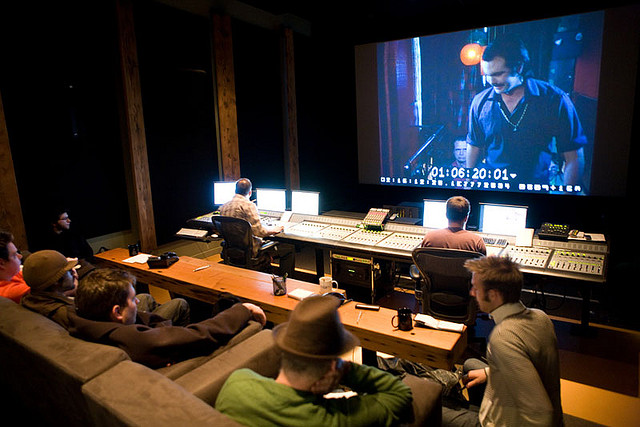How To Build A Following w/4MileCircus
Social Media! That ever elusive combination lock that we all struggle to get right. How to get followers, how to get shares, how to get likes, how to get people to pay attention to you and your film! Well, this week, we sit down with Sean Mannion and Nicole Solomon at 4MileCircus and discuss exactly that.
4MileCircus is a media company who offer their services in video production, social media management, teaching workshops, training seminars and more, all to help you create better content. They share a few of their methods on how to create a social media following for your first film.
Don't forget to listen to the 4MileCircus podcast for this week as well, which feature Manny and Lindsay discussing making their first film, and a few other choice subjects which harp on why, sometimes, Filmmaking Sucks.
And a huge thanks to Sean and Nicole for usage of their equipment for this episode! Check them out at 4milecircus.com and see how they can help you make good films!
Subscribe to us on iTunes, Stitcher, YouTube, Google Play, or your favorite podcatching app. And don't forget to rate and review us! Email us at filmmakingsucks@gmail.com with any questions, comments, or subjects you'd like to hear us discuss.
You can also now follow us on Facebook at www.facebook.com/filmmakingpodcast!
#FilmmakingSucks
“The first rule of social media is that everything changes all the time. What won’t change is the community’s desire to network.”



























